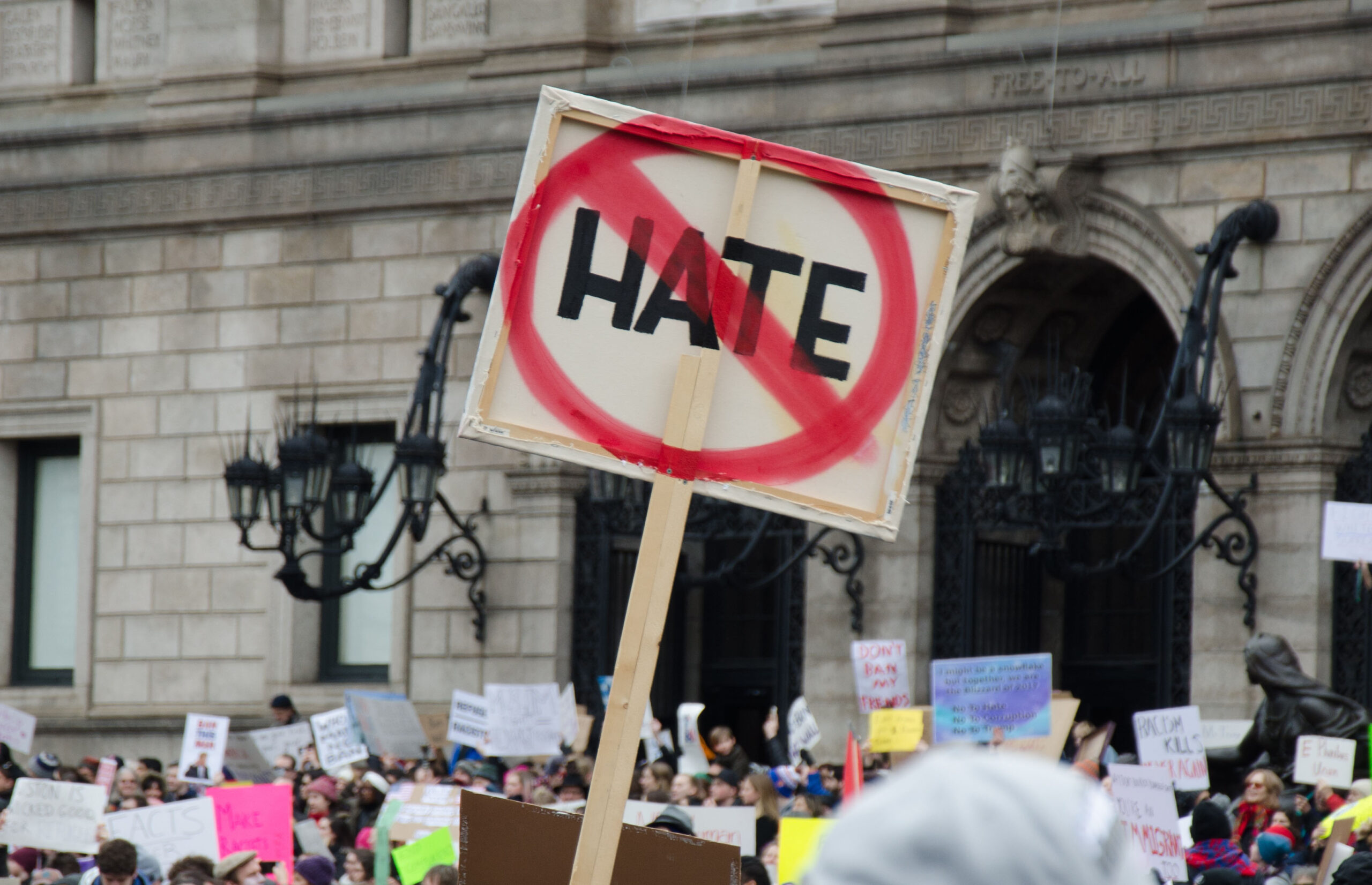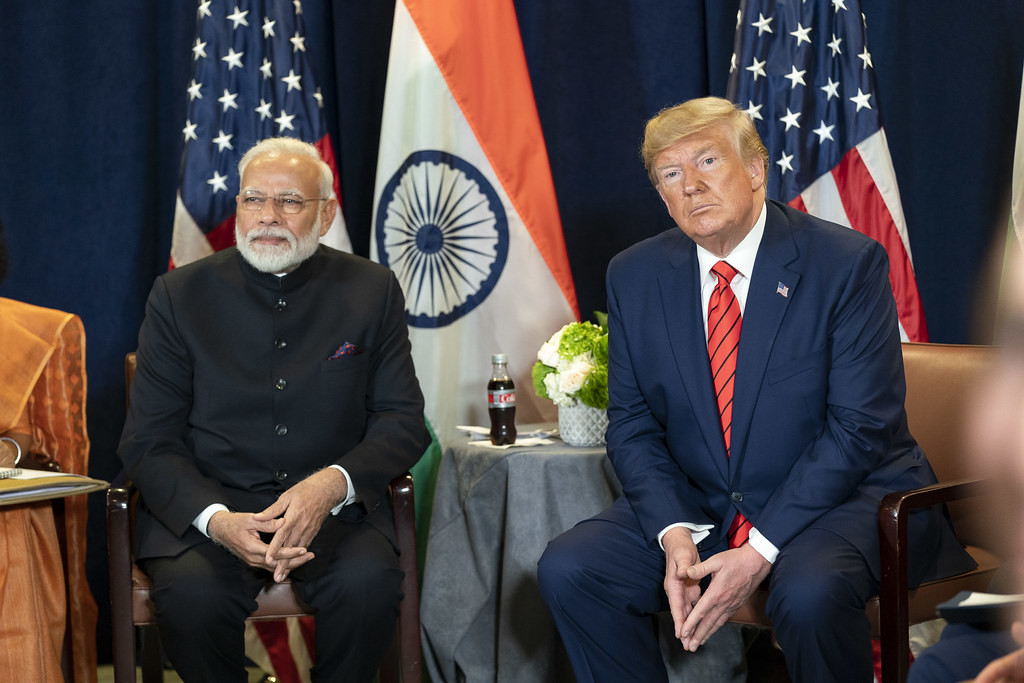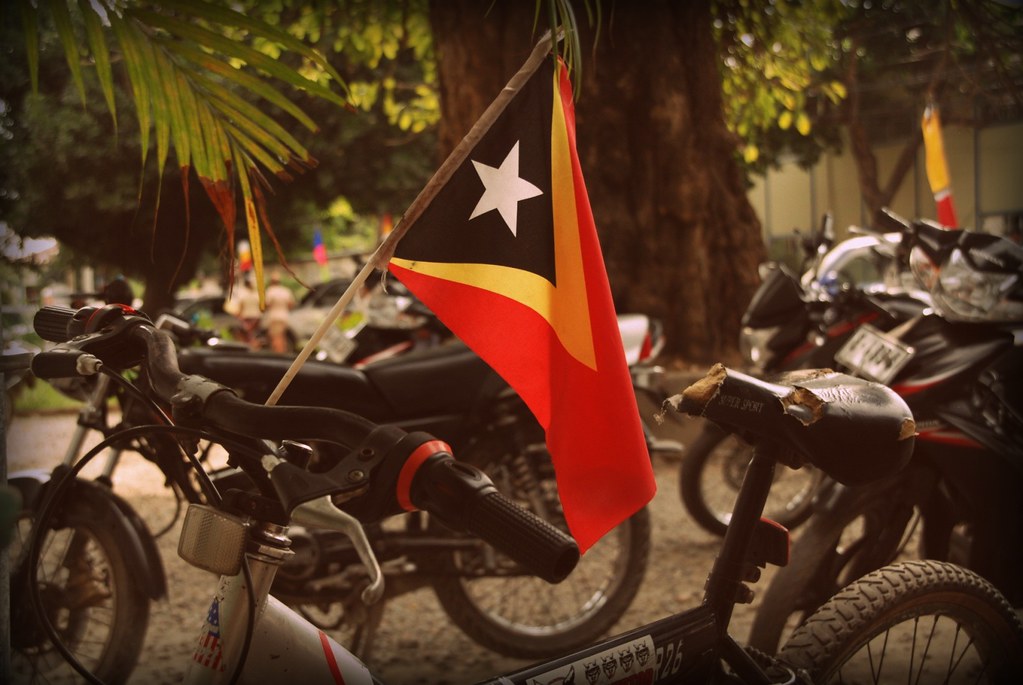Australia’s Special Envoy to Combat Islamophobia has released a landmark report highlighting the urgent need for improved reporting mechanisms as more than one-third of Australians now express negative attitudes toward Muslims, with hate crimes particularly targeting hijab-wearing women and those of Palestinian and Arab backgrounds. Beyond addressing Islamophobia specifically, Australia needs a comprehensive national hate crimes register covering all minority groups to combat growing social polarization and ensure equal protection for vulnerable communities.
The recent landmark report released by Australia’s Special Envoy to Combat Islamophobia clearly highlights the urgency for a more active policy response to the growing tide of Islamophobia in Australia. Building off the findings of the report, including the recommendation to improve reporting mechanisms for Islamophobic hate crimes, more broadly, a national-level, independent register for all types of hate crimes needs to be created. Such a register would assist in responding to the growing tide of social polarisation in Australia, including against a range of religious, racial and gender minorities.
In recent years and decades, Muslim communities across the country have increasingly been subject to hate crimes, including vandalism, physical assaults and verbal abuse. Most shockingly, a white Australian was responsible for the 2019 terrorist attack in New Zealand, resulting in the indiscriminate murder of 51 Muslim worshippers in Christchurch, including children.
However, Islamophobia in Australia is not isolated to the actions of a few misguided or mentally ill individuals. Hate crimes and Islamophobic behaviour more broadly point to an ugly and systemic side to prejudice in our country. As highlighted in the Scanlon Institute’s research on social cohesion, in 2024, more than 1 out of 3 Australians expressed negative attitudes towards Muslims, which represented an increase from 27% in the year before.
Geopolitical events, including the widespread securitisation and increased scrutiny of ordinary Muslim communities following 9/11, have contributed to this growing climate of anti-Muslim sentiment in Australia. Alarmingly, Islamophobia has also been increasingly conflated with anti-migrant sentiment and pro-white nationalism. Although Muslim Australians constitute more than 800,000 people out of the total population and come from a wide range of races, cultural backgrounds and migration backgrounds, the often homogenised representations of Muslims in mass media and pop culture have contributed to a stereotypical image of what a typical Muslim looks and acts like. Such Islamophobic sentiment was on show recently as part of the recent anti-migrant protests across Australian capital cities, and also in the past with the 2005 Cronulla riots in Sydney.
Analysis of Islamophobic hate crimes and incidents in Australia highlights that certain Muslim groups tend to be at a higher risk of being targeted. Hijab-wearing women are one group, as seen with the assault of two Muslim women at a Melbourne shopping centre in February 2025. Australians with Palestinian and Arab backgrounds have also disproportionately been the victims of Islamophobia, especially since the outbreak of the Israel-Hamas war on October 7, 2023. Although instances of anti Semitism have been well documented in the media since the beginning of the conflict, as highlighted in the recent Islamophobia report, most stories about Islamophobia during this same period of time, in contrast, have not been “centrepieces in news stories” and have instead been “swept under as quickly as they come out”.
Beyond discussing the current climate of Islamophobia, the report released by the Special Envoy posits a range of recommendations, including strengthening “existing community monitoring and reporting efforts that document the extent of Islamophobic hate crimes and hate incidents”. But of course, while the Envoy’s recommendations specifically focus on strengthening data collation about Islamophobia, more broadly, a comprehensive hate crimes register at a national level is required to build social cohesion. Such reporting efforts should consist of a database that collates information about hate crimes based on a range of types of personal traits that typically attract discrimination, including sexual orientation, race, gender, gender identity and disability status.
Of course, there are a range of practical considerations that need to be taken into account in the creation of a national-level hate crimes register. First, Australia needs to standardise its definition of what constitutes a hate crime so that incidents can be counted across all states and territories. Currently, each state has a different method and classification process for recording hate crimes, due to variations in state legislation. Furthermore, while a range of community groups already collate data about specific types of hate crimes, such as Islamophobia and anti-Semitism, each of these organisations has its own respective definitions. To combat criticism of the methodologies used by existing community reporting mechanisms, a centralised, standardised, and independent register will increase the reliability and robustness of reported data.
While the Albanese government’s announcement of a register for antisemitism earlier this year is a suitable step in response to the growing tide of antisemitic attacks, including vandalism and arson in recent years, all minority groups need to be shown equal treatment when it comes to policy intervention. We can’t let double standards prevail when it comes to protecting vulnerable groups in our communities.
Rather than being perceived as accentuating social divisions, acting on hate crimes through robust data collation will increase respect and inclusion in Australian society. As highlighted by the Special Envoy, “Islamophobia is not a Muslim issue, but a social cohesion issue, and therefore a challenge for all Australians”. Beyond Islamophobia, the same statement can be applied to hate of any form more broadly, including with respect to race, gender and sexuality. Better and more reliable data will ultimately provide the appropriate evidence base to underpin better policymaking and, in turn, increase social cohesion.
Afeeya Akhand is the Secretary of Women in International Security – Australia Inc. (WIIS-A). This blog is the first in a joint series between AIIA and WIIS-A, which aims to elevate the work of female and gender-diverse individuals in the field of international affairs.
This article is published under a Creative Commons Licence and may be republished with attribution.





